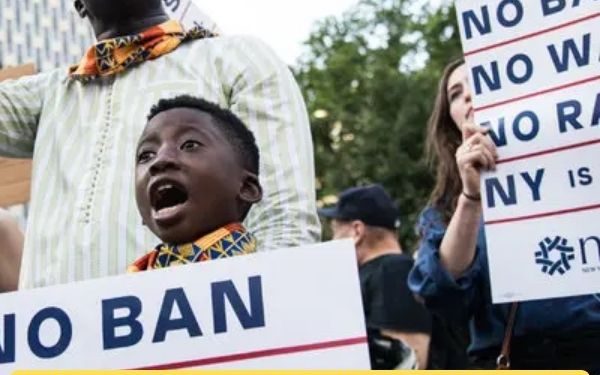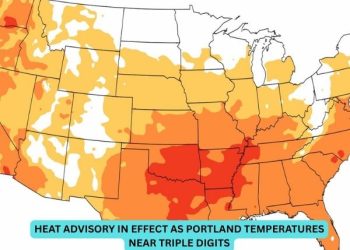As of 12:01 a.m., a new travel ban has gone into effect, restricting entry into New York State—and the U.S. as a whole—for nationals from 12 countries. President Donald Trump reinstated the controversial “Trump travel ban,” which his administration says is necessary to protect national security and public safety.
Full Ban: Nationals from These 12 Countries Are Currently Barred from Entry
This Article Includes
-
Afghanistan
-
Myanmar
-
Chad
-
Republic of the Congo
-
Equatorial Guinea
-
Eritrea
-
Haiti
-
Iran
-
Libya
-
Somalia
-
Sudan
-
Yemen
The administration says the restrictions are based on concerns about terrorism, inadequate security screening protocols, or unstable governments in these nations. The U.S. Supreme Court upheld a version of this ban in 2018, allowing the executive branch wide discretion on immigration matters tied to national security.
Partial Entry Restrictions Apply to These 7 Countries
People from these countries face limited entry, with restrictions on certain visa categories:
-
Burundi
-
Cuba
-
Laos
-
Sierra Leone
-
Togo
-
Turkmenistan
-
Venezuela
These restrictions may affect:
-
Tourist and business visas
-
Some employment or student-based visas
-
Family reunification pathways (in some cases)
Are There Any Exceptions?
Yes. According to the White House, exceptions include:
-
Lawful permanent residents (Green Card holders)
-
People with valid, existing U.S. visas
-
Certain humanitarian or national interest exceptions
Trump’s Justification:
“We will restore the travel ban, some people call it the Trump travel ban, and keep the radical Islamic terrorists out of our country,” Trump said in a recent statement. “It is the President’s sacred duty to take action to ensure that those seeking to enter our country will not harm the American people.”
Why This Affects New York Specifically
While the ban is federal, its effect is immediately felt in states with large immigrant populations—like New York. Cities like New York City, Buffalo, and Albany, which host many immigrant families from the affected nations, may now see:
-
Increased delays in family reunification
-
Legal uncertainty for residents with pending immigration cases
-
Tensions between state officials and federal enforcement
What Happens Next?
Legal challenges and protests are already underway. Immigration advocates say the policy disproportionately targets Muslim-majority and African nations and are calling it a “rebranded Muslim Ban 2.0.”
Civil rights groups and state officials in New York are expected to push back, while supporters of the policy argue it’s essential for border security.









